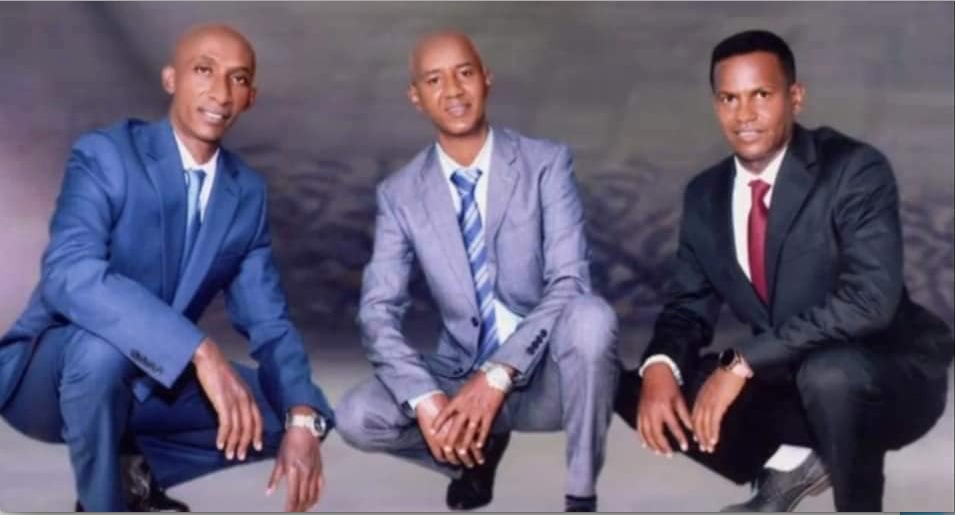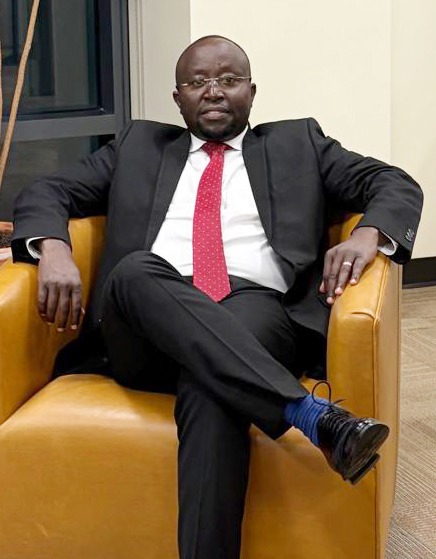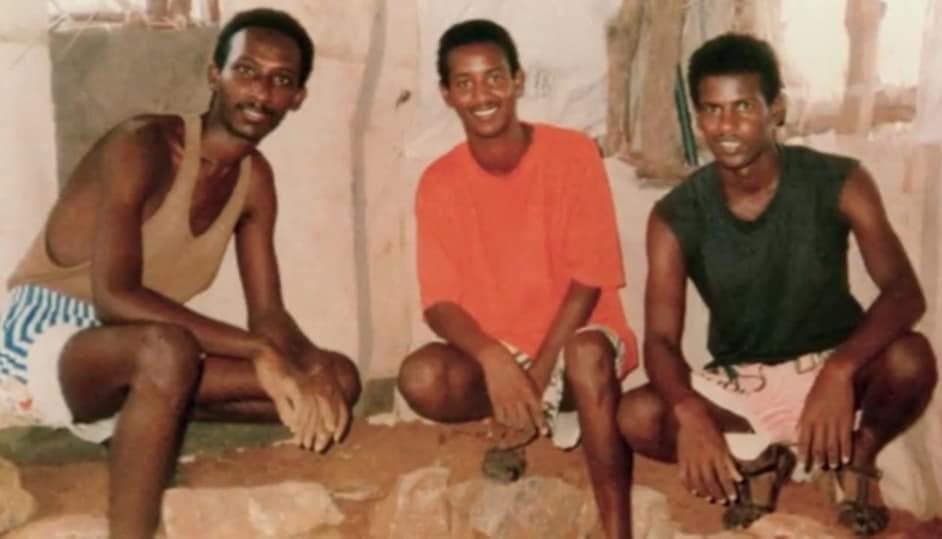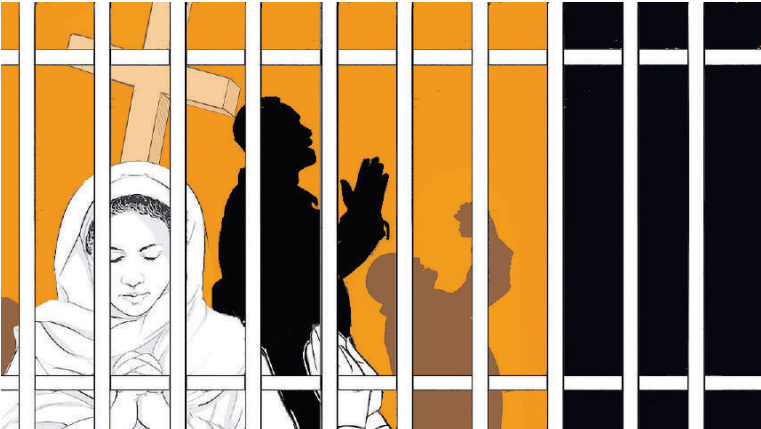
 Paulos Eyasu, Isaac Mogos and Negede
Teklemariam, three Jehovah's Witnesses held in Eritrea | JW.org/JW.org
Paulos Eyasu, Isaac Mogos and Negede
Teklemariam, three Jehovah's Witnesses held in Eritrea | JW.org/JW.orgThe African Commission on Human and
Peoples’ Rights (ACHPR) has directed the State of Eritrea to compensate three
Jehovah’s Witnesses who were illegally detained for 26 years, marking one of
the strongest continental rebukes yet of the country’s long-standing religious
persecution policies.
In a communication issued on November 4,
2025, the Commission urged Eritrea to “take measures to compensate the victim
for the prejudice they suffered due to the unjustified prolonged detention,
torture, agony and inability to make a living for 26 years.”
The decision follows a petition filed on
behalf of Paulos Eyassu, Isaac Mogos, and Negede Teklemariam—three Eritrean
Jehovah’s Witnesses arrested in 1994 for refusing military service on grounds
of conscience and for declining to vote in the 1993 independence referendum.
The three men were among the
longest-serving religious prisoners of conscience on the African continent. For
more than two decades, they were held without charge, trial, legal
representation, or access to their families.
Their case has come to symbolize the
Eritrean government’s harsh treatment of citizens who refuse compulsory
military service, which in Eritrea functions as an indefinite national service
program widely criticized by human rights bodies.
The Commission’s ruling comes 31 years
after the Eritrean government issued a decree revoking the citizenship of
Jehovah’s Witnesses, a move that effectively rendered thousands stateless.
The decree was based on the group’s
conscientious objection to military service and refusal to participate in the
referendum that formalized Eritrea’s independence from Ethiopia.
 Noah Munyao, Secretary General of the
African Association of Jehovah’s Witnesses./HANDOUT
Noah Munyao, Secretary General of the
African Association of Jehovah’s Witnesses./HANDOUTSince then, Jehovah’s Witnesses have
faced systemic discrimination, including denial of employment, education,
business licenses, and national identity documents—restrictions that have made
many of them “invisible under the law.”
Human rights observers say that while
Eritrea claims to maintain religious tolerance, only four faith groups are
officially recognized.
Jehovah’s Witnesses fall outside this
list and have been subject to waves of arbitrary arrests and prolonged
detentions.
Rights groups have repeatedly accused
Eritrea of holding detainees in inhumane conditions, including shipping
containers, underground cells, and remote military camps.
“For over three decades, Jehovah’s
Witnesses in Eritrea have endured systemic discrimination and statelessness
simply for living according to their conscience,” said Noah Munyao, Secretary
General of the African Association of Jehovah’s Witnesses.
He called on the Eritrean government to
restore their citizenship and “uphold the basic human rights and dignity of all
its people.”
The ACHPR ruling aligns with findings of
the 2025 Religious Freedom Report, which criticized Eritrea for criminalizing
religious activities of minority groups and maintaining one of the most
restrictive environments for freedom of belief globally.
The report noted that conditions “remain
critically poor” under the country’s authoritarian political system, where
unrecognized religious groups are frequently targeted.
Although Eritrea has released small
groups of religious prisoners in recent years—including several Jehovah’s
Witnesses in 2021 and 2023—dozens remain behind bars.
 Paulos Eyasu, Isaac Mogos and Negede
Teklemariam, three Jehovah’s Witnesses held in Eritrea | JW.org/JW.org
Paulos Eyasu, Isaac Mogos and Negede
Teklemariam, three Jehovah’s Witnesses held in Eritrea | JW.org/JW.orgAccording to the African Association of
Jehovah’s Witnesses, 64 adherents are currently imprisoned, including 14 aged
over 60.
International human rights organisations
say the ACHPR decision adds new pressure on Eritrea ahead of upcoming
continental reviews of its human rights commitments.
The ruling also strengthens calls from
the global community of Jehovah’s Witnesses for the release of all remaining
detainees, the restoration of citizenship to those stripped of nationality, and
compliance with African and international human rights norms.
While Eritrea has not responded publicly
to the Commission’s directive, human rights advocates hope the decision will
set a precedent for accountability in a country where judicial recourse is
extremely limited.



















